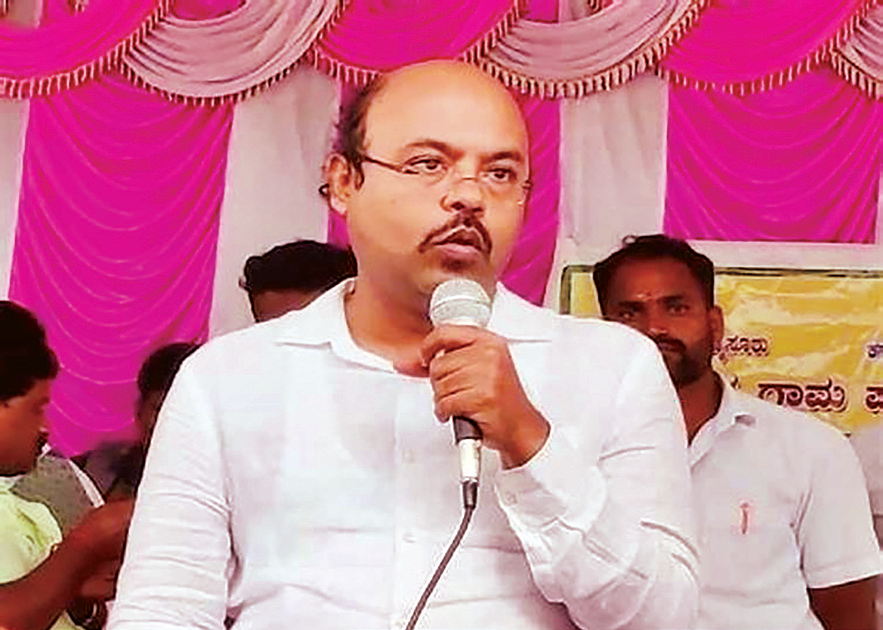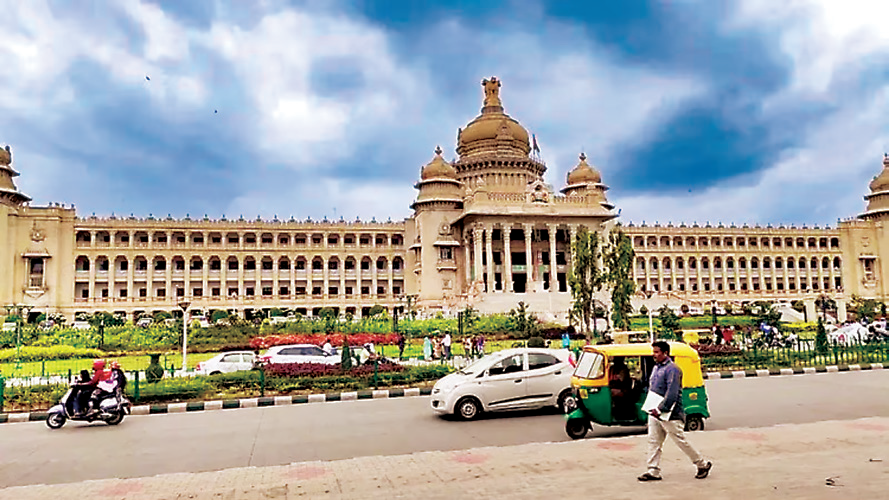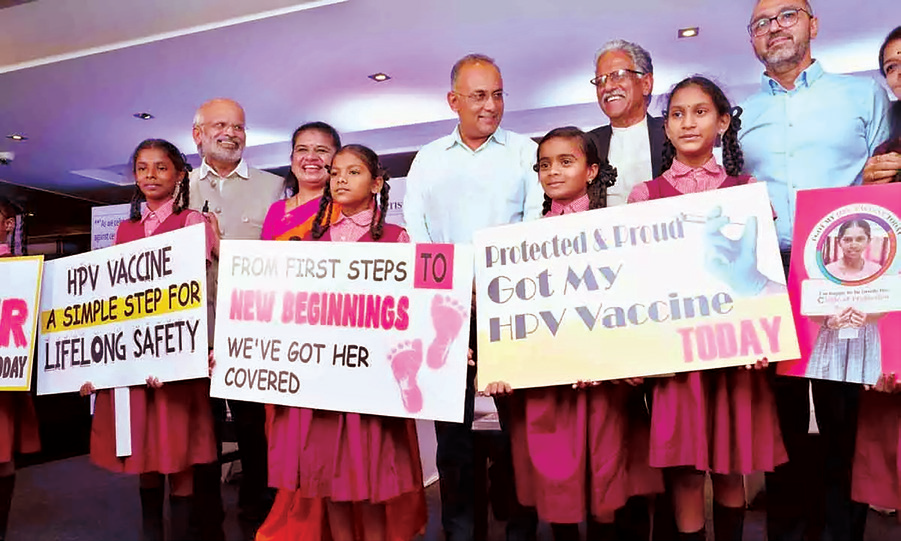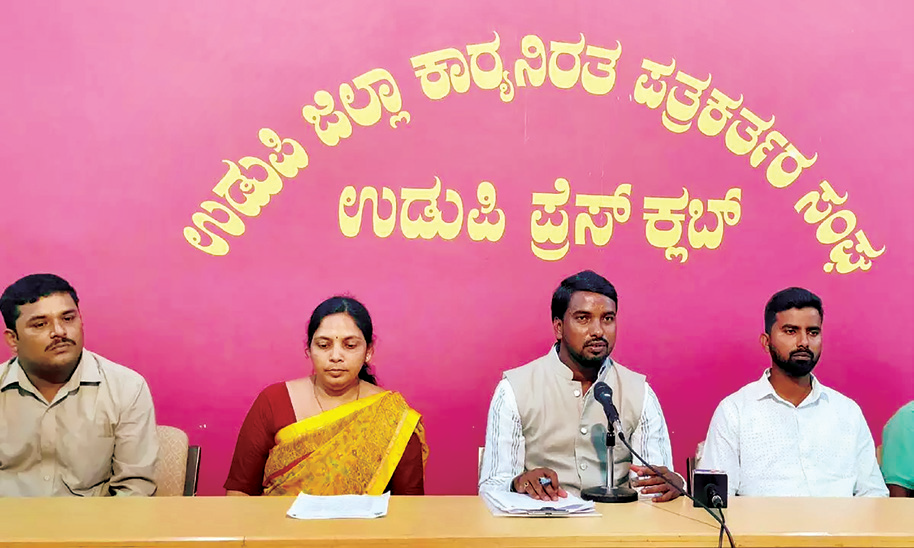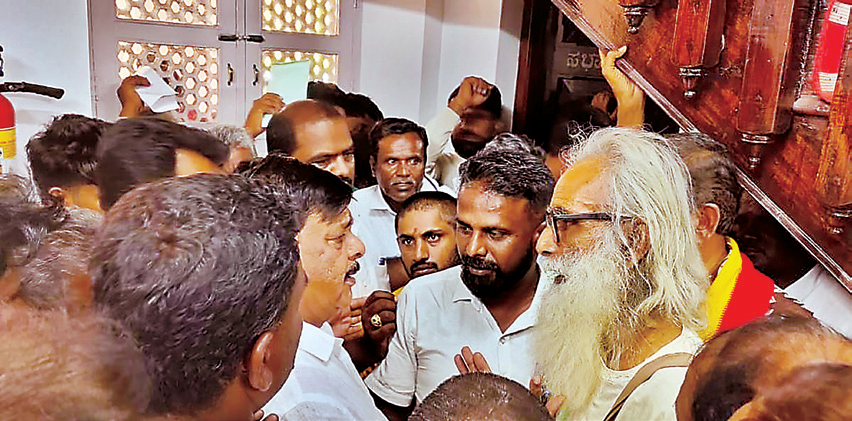
The Keeper of Graves: Ayub, ‘Body Miyan’ of Mysuru
For 23 years, Ayub Ahmed, fondly called ‘Body Miyan’ and ‘Appaji’ by those whose lives he has touched, has done the job that nobody wants. He collects unclaimed bodies, performs their last rites and gives them a dignified send-off, even when their families don’t come forward. Motivated neither by power nor wealth, Ayub has persevered only in the name of service. Shyam Sundar Vattam reports.
“Dekhiye saab, covid ke time pe insaniyat margaye. Na beta, na biwi, na bacha, no bap. Sab ka asliyat samne aagaye. Kuch amir logon ka body chod ke chale gaye. Hamich sab ka bap, beta, beti or ma banke kriya karam karadiya.” (See sir, humanity died during the Covid 19 pandemic time. There was no son, no daughter, no children no father. Everybody’s true colours came to the fore. There were wealthy families who did not claim the bodies of their near and dear ones. I performed the last rites of these unclaimed bodies).
The first name that comes to mind for officials at K.R. Hospital in Mysuru is that of Ayub Ahmed. As unclaimed bodies piled up in hospitals, left there by families who were afraid to contract the infection themselves, a handful of bravehearts stepped up to the fore, performing the last rites for those who had been left alone in death. Ayub became a household name in Mysuru during the pandemic, as he transported several hundreds of bodies of those who died of Covid-19. He worked tirelessly for several months, despite tremendous sacrifices – he was unable to meet his father and his family because he feared infecting them.
Today, he is known lovingly as ‘Body Miyan’ or ‘Bahubali’, by the people whose lives he touched with his selfless service. The job itself isn’t new to him, however. His first encounter with an unclaimed body came when he was 19 years old, driving towards Gundlupet. In Bandipalya, he saw a corpse on the road. On his way back, he saw the body still lying there. This time, he stopped to make enquiries, learning that it was a ‘lawaris’ body and there was nobody to shift it to hospital. Without a second thought, he said, “Main hoon na” and shifted the body to the Mysore Medical College mortuary right away. His parents weren’t happy about his act of service and worried about what might happen to him. His friends took the news badly too, some even stopped talking to him for touching an unattended corpse.
The incident alienated Ayub. He came to Bengaluru and joined a mineral water company as a loader. As he walked near Lalbagh one day, he saw a large crowd gathered at the main gate. Mistaking it for a film shooting, he approached the group and as he did so, saw a dead body lying out in the open. Curious onlookers stood by but nobody wanted to touch it. Again, Ayub volunteered, taking the unidentified body, to Victoria Hospital. Three days later, the man was identified and his relatives, who came to the shop to order water, saw Ayub. They were thankful but Ayub requested them not to say a word about what he had done, afraid it would cost him his job. The company did find out, and to his surprise, they promoted him to manager.
Unable to stay far from his parents, Ayub returned to Mysuru. His family had a good life there – his father was a haji maulana and commanded much respect in the city. Ayub would sit near temples, mosques and churches, where the beggars roamed, covering his face and asking for alms. Unfortunately, he was caught red-handed by his uncle, who was furious and had him thrashed with a leather belt. Later, they found out that he was begging to help those in need. Despite their anger, his family was moved and decided not to question his giving, generous nature.
“In the last 23 years, I have transported around 23,000 dead bodies, including around 3,000 patients who died of Covid-19 in the district. My family hasn’t asked me about my job because they know I won’t do anything wrong,” Ayub says. “My father thought I would be a rowdy or a vagabond but today he is proud of my work. He was in tears when I received an award in Mysuru.”
Ayub also started the Dr Ayub Ahmed Ji Body Miyan Foundation, through which around 400 people in Mysuru are fed – this project came to a temporary stop during the pandemic. “I have also started the Mariam Free Tailoring Training Centre, named after my first daughter, to teach sex workers and destitute women a skill so they can lead independent lives. An old age has been started in my father’s name to care for neglected parents by well-educated children.”
People often mistake him for being wealthy, Ayub remarks. “They think I own a house. They don’t know that I stay in a small, rented home. I may not have my own earned money but I have friends who will do anything to help
 English daily published in Bengaluru & Doha
English daily published in Bengaluru & Doha

